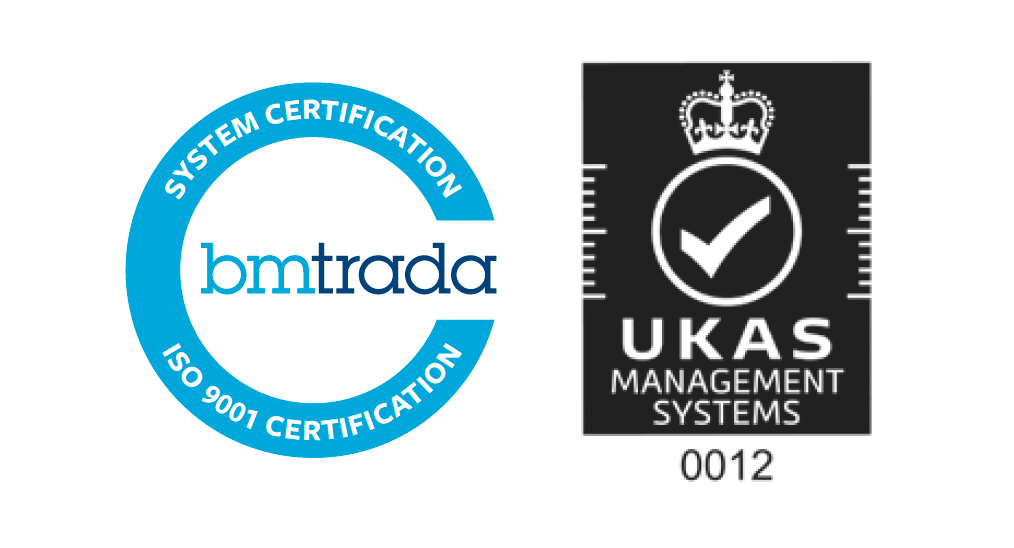In October 2022, CF and NHS Confederation published research which examined the return on investment of NHS spending on economic growth and found that every £1 spent on the NHS corresponds to an approximate economic benefit of £4, highlighting that health expenditure should be viewed as an investment to stimulate economic growth.
Building on this foundational study, CF conducted further analysis on behalf of the NHS Confederation to discern how this return on investment differed across various care settings. The aim was to equip system leaders with insights into the implications of spending decisions on the local economy.
An analysis of five-year longitudinal data, including of economic and NHS spending, brought to light these key findings:
- There is a statistically significant difference between economic growth in those areas able to increase spend by the least and those able to increase it by the most, in community, primary and acute care
- Increasing spend on community and primary care had the largest effect on economic growth
- The UK could have missed out on between £10 and £14 billion in additional growth if an extra £1 billion had been invested in community, primary or acute care in those areas which increased spend by the least. Indeed, this would mean that this investment would have paid for itself in terms of return to the NHS
There are two potential mechanisms through which NHS spend can increase local Gross Value Added (GVA):
- Improved health outcomes through enhanced and improved capacity enables a more productive workforce by reducing sickness due to ill health and improving health outcomes
- Increased NHS workforce has a direct benefit on the local economy through a boost to employment, spending and tax revenues – those newly employed by the NHS pay tax, and stimulate the local economy through consumption
Findings from this analysis would imply the following recommendations:
- Treasury should treat annual government spending on the NHS as an explicit tool of economic development
- NHS England should prioritise any additional NHS spending in non-acute settings
- ICS leaders should be given a greater degree of flexibility in how they allocate their resources to support systems to explicitly create ‘health value’
Click here to explore the research further.
Click here to read Confed’s report.
Find the NewStateman’s coverage of the research here.



